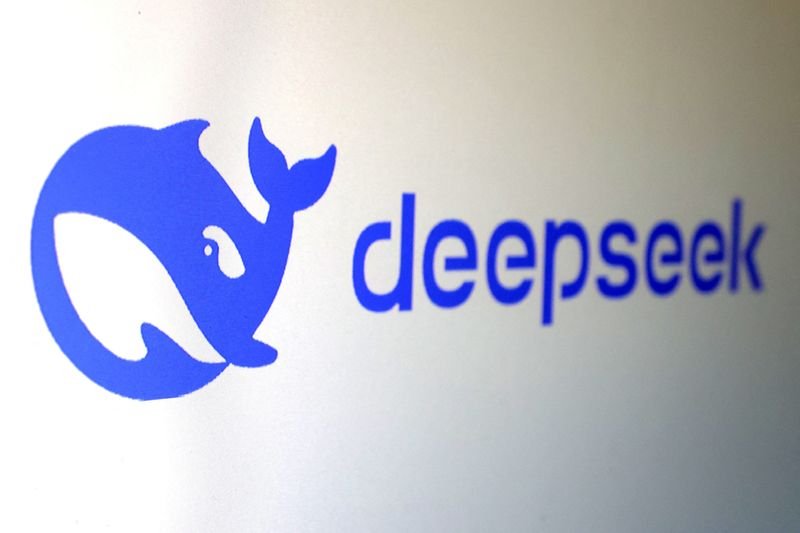Research predicts increased outsourcing of payment processing
Published by Gbaf News
Posted on July 3, 2018
5 min readLast updated: January 21, 2026

Published by Gbaf News
Posted on July 3, 2018
5 min readLast updated: January 21, 2026

London- Research highlights significant variation in processing arrangements across Europe and predicts banks will increasingly outsource payment processing in the future
Many acquirers still maintain an interface with card scheme networks
According to a new study by research and consulting firm RBR, Payment Cards Issuing and Acquiring Europe 2018, there is no common approach to merchant processing in Europe; agreements between card accepting outlets and merchant acquiring banks, for the settlement of card payments, vary widely.
In a number of countries, such as Belgium, Ireland, Portugal and the UK, acquiring banks maintain a direct link to card scheme payment networks such as Visa and Mastercard. This is also common in central and eastern European (CEE) markets, including Croatia, Czechia, Hungary, Lithuania and Poland, where acquiring banks or their subsidiaries generally interface directly with card scheme networks.
In some markets, however, third party processors connect with the schemes, either directly, or indirectly via local acquirers. In both Denmark and Finland for example, Nets connects with the schemes on behalf of domestic market participants, while in Latvia and Slovakia, processors such as First Data and Global Payments Europe are responsible for interfacing with the schemes on behalf of acquirers.
Larger banks in eastern Europe maintain their own processing centres
In some CEE markets such as Russia, Kazakhstan and Ukraine, RBR’s study shows it is common for larger banks to maintain their own processing centres and connect to card schemes to facilitate both their own transactions and those of smaller players; this is rare in western Europe.
Clearing is typically performed by interbank organisations
Once a payment is made, card transactions are typically routed to an interbank organisation for clearing, such as Nets in Finland and SIBS in Portugal. In Bulgaria, BORICA is appointed by the Bulgarian central bank to handle both clearing and settlement. In Italy, the clearing process is performed by third parties, while in Czechia the service is performed by CERTIS, which is monitored by the central bank. By contrast, in Romania, clearing is carried out by banks or third party processors, while settlement is performed by the central bank.
Clearing is typically carried out once a day, although it is less frequent in some markets.Settlement of card payments is usually performed the day after the transaction takes place.
Cost-conscious banks will increasingly outsource their processing activities
Daniel Dawson, who led RBR’s study, commented: “European acquirers currently adopt a myriad of approaches to merchant processing. We anticipate that as banks look for ways to reduce costs and maintain profitability, the outsourcing of processing will become an increasingly attractive option. Notably, this will involve not only third-party processors, but also international card schemes such as Visa and Mastercard, which are looking to become more involved in payment processing”.
London- Research highlights significant variation in processing arrangements across Europe and predicts banks will increasingly outsource payment processing in the future
Many acquirers still maintain an interface with card scheme networks
According to a new study by research and consulting firm RBR, Payment Cards Issuing and Acquiring Europe 2018, there is no common approach to merchant processing in Europe; agreements between card accepting outlets and merchant acquiring banks, for the settlement of card payments, vary widely.
In a number of countries, such as Belgium, Ireland, Portugal and the UK, acquiring banks maintain a direct link to card scheme payment networks such as Visa and Mastercard. This is also common in central and eastern European (CEE) markets, including Croatia, Czechia, Hungary, Lithuania and Poland, where acquiring banks or their subsidiaries generally interface directly with card scheme networks.
In some markets, however, third party processors connect with the schemes, either directly, or indirectly via local acquirers. In both Denmark and Finland for example, Nets connects with the schemes on behalf of domestic market participants, while in Latvia and Slovakia, processors such as First Data and Global Payments Europe are responsible for interfacing with the schemes on behalf of acquirers.
Larger banks in eastern Europe maintain their own processing centres
In some CEE markets such as Russia, Kazakhstan and Ukraine, RBR’s study shows it is common for larger banks to maintain their own processing centres and connect to card schemes to facilitate both their own transactions and those of smaller players; this is rare in western Europe.
Clearing is typically performed by interbank organisations
Once a payment is made, card transactions are typically routed to an interbank organisation for clearing, such as Nets in Finland and SIBS in Portugal. In Bulgaria, BORICA is appointed by the Bulgarian central bank to handle both clearing and settlement. In Italy, the clearing process is performed by third parties, while in Czechia the service is performed by CERTIS, which is monitored by the central bank. By contrast, in Romania, clearing is carried out by banks or third party processors, while settlement is performed by the central bank.
Clearing is typically carried out once a day, although it is less frequent in some markets.Settlement of card payments is usually performed the day after the transaction takes place.
Cost-conscious banks will increasingly outsource their processing activities
Daniel Dawson, who led RBR’s study, commented: “European acquirers currently adopt a myriad of approaches to merchant processing. We anticipate that as banks look for ways to reduce costs and maintain profitability, the outsourcing of processing will become an increasingly attractive option. Notably, this will involve not only third-party processors, but also international card schemes such as Visa and Mastercard, which are looking to become more involved in payment processing”.
Explore more articles in the Top Stories category











